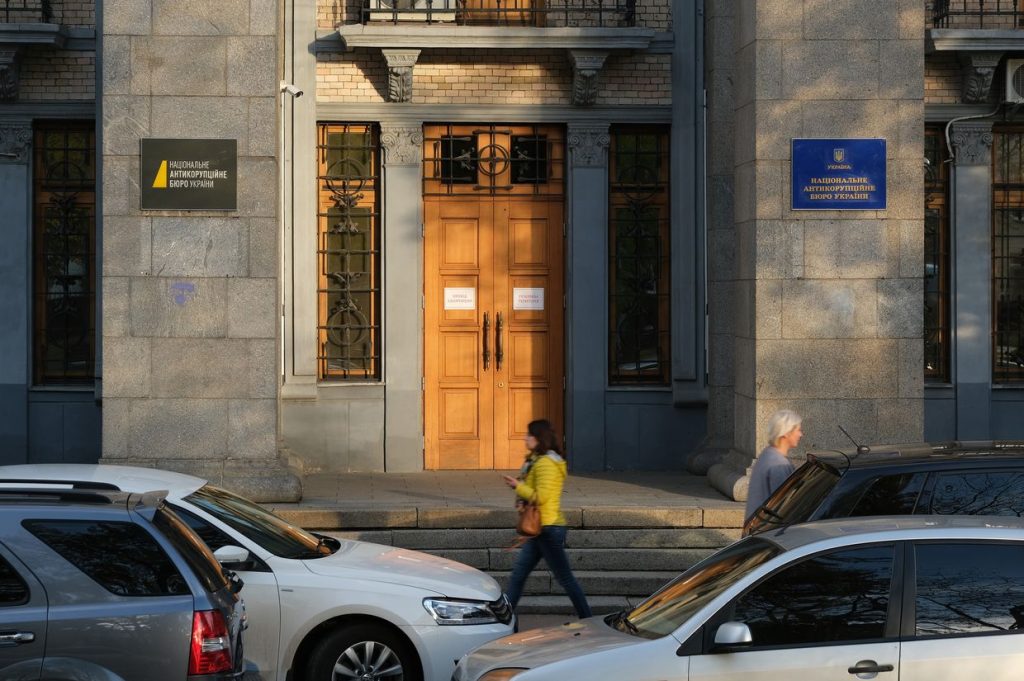The National Anti-Corruption Bureau of Ukraine (NABU) has been under scrutiny for its performance under the leadership of Semen Kryvonos, who took over the bureau in March 2023. While the NABU has received praise for taking on high-profile corruption cases, critics question its ability and willingness to investigate top-level graft, especially among allies of President Volodymyr Zelensky. Key cases, such as the investigation into the former Supreme Court Chairman Vsevolod Knyazev, have garnered attention, but there are concerns about stalled or collapsing cases within the bureau.
One of the landmark cases under Kryvonos is the corruption investigation into Vsevolod Knyazev, who was charged with taking a $2.7 million bribe. While this case is seen as a major example of top-level corruption, critics argue that the NABU felt safe pursuing the judge because he was not seen as a Zelensky loyalist. Controversial plea deals in cases like Knyazev’s and former President Viktor Yanukovych’s former Minister Mykola Zlochevsky have raised concerns among experts, who question the leniency of the agreements and potential implications for future crimes.
Another high-profile case pursued by the NABU under Kryvonos is the charges brought against influential oligarch Ihor Kolomoisky for embezzling $250 million from PrivatBank. This case has been seen as a positive step in holding powerful figures accountable for corruption. However, challenges remain in ensuring that cases are successfully prosecuted, as evidenced by the ruling that the deadline in the Kolomoisky case was missed, potentially leading to its closure. The complexity of investigating corruption within the defense ministry during wartime has also posed challenges for the NABU.
Despite some successes in charging members of Zelensky’s party with corruption, there are concerns about the NABU’s ability to investigate top officials within the President’s Office. Legal restrictions and jurisdictional limitations pose obstacles to pursuing cases against presidential allies, raising questions about the bureau’s independence and effectiveness. The bureau’s staffing challenges, including a high number of resignations and dismissals, further complicate its ability to carry out investigations effectively and efficiently. The ongoing tension between maintaining independence and navigating political pressures continues to shape the NABU’s efforts in combating corruption in Ukraine.















